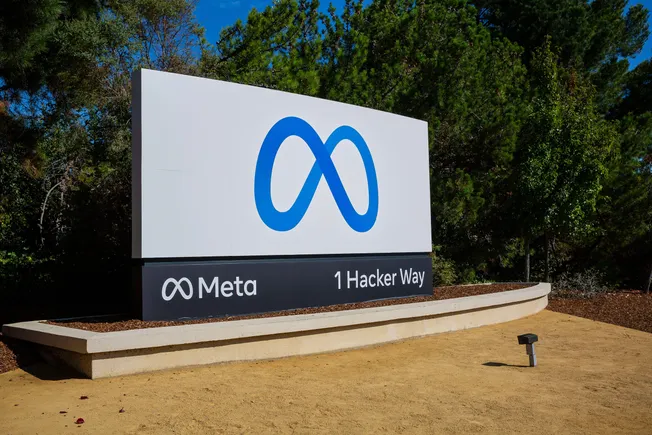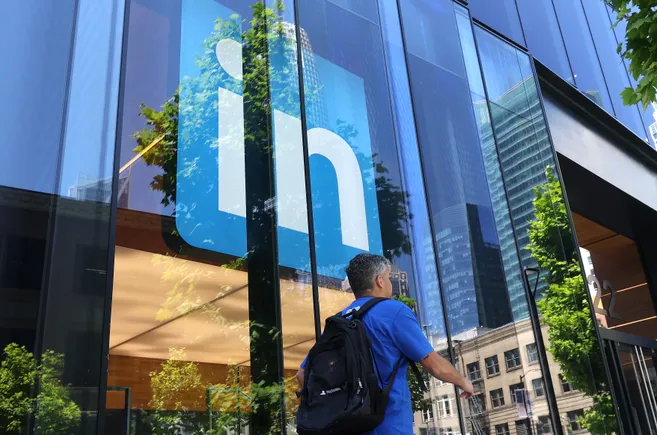Managers and employees diverge in their views of leadership engagement, priorities and effectiveness — particularly in how well managers deliver in these areas, according to an Oct. 14 report from the American Management Association.
For instance, 59% of managers believe their engagement has increased during the past year, but 80% of employees say their managers’ engagement has stagnated or declined instead.
“This disconnect signals a critical challenge for organizations,” Manny Avramidis, president and CEO of AMA, said in a statement. “Managers believe they’re stepping up, but employees don’t always see it. Closing this perception gap requires sharper communication, stronger coaching and more intentional collaboration.”
Manager burnout may be hitting hard in 2025, especially as the majority struggle with heavy workloads and spend most of their workdays in meetings, according to a Top Workplaces report. Manager well-being affects productivity, employee satisfaction and business success, a senior data analyst said.
In the AMA survey of more than 1,300 workers worldwide, both managers and employees said the most pressing demands during the past year included managing higher workloads, navigating change and collaborating across the organization.
However, while managers said their top priority was achieving department goals, employees placed the highest value on communication.
Generation Z workers, in particular, rated collaboration higher than older generations, indicating that flatter organizations and cooperative management styles may be more important in the future.
Recent reductions in middle management have strained productivity, communication and employee experience, according to a Firstup report. More than a third of employees said their manager seemed to be stretched thin and less accessible since layoffs, leading workers to feel unsupported, directionless and that there is a lack of mentorship or career development opportunities.
Eighty-three percent of managers said leadership provides the support they need to succeed, as compared to 60% of nonmanagers, AMA found.
Upskilling can be helpful, the report indicated. Managers should sharpen their skills in communication, coaching and collaboration to reduce employee stress, build trust across teams, make better decisions, think critically and lead through change effectively.
“Organizations can’t afford to overlook this gap,” Avramidis said. “As expectations for managers intensify, the ability to connect with employees and foster a collaborative culture will define success.”






Leave a Reply